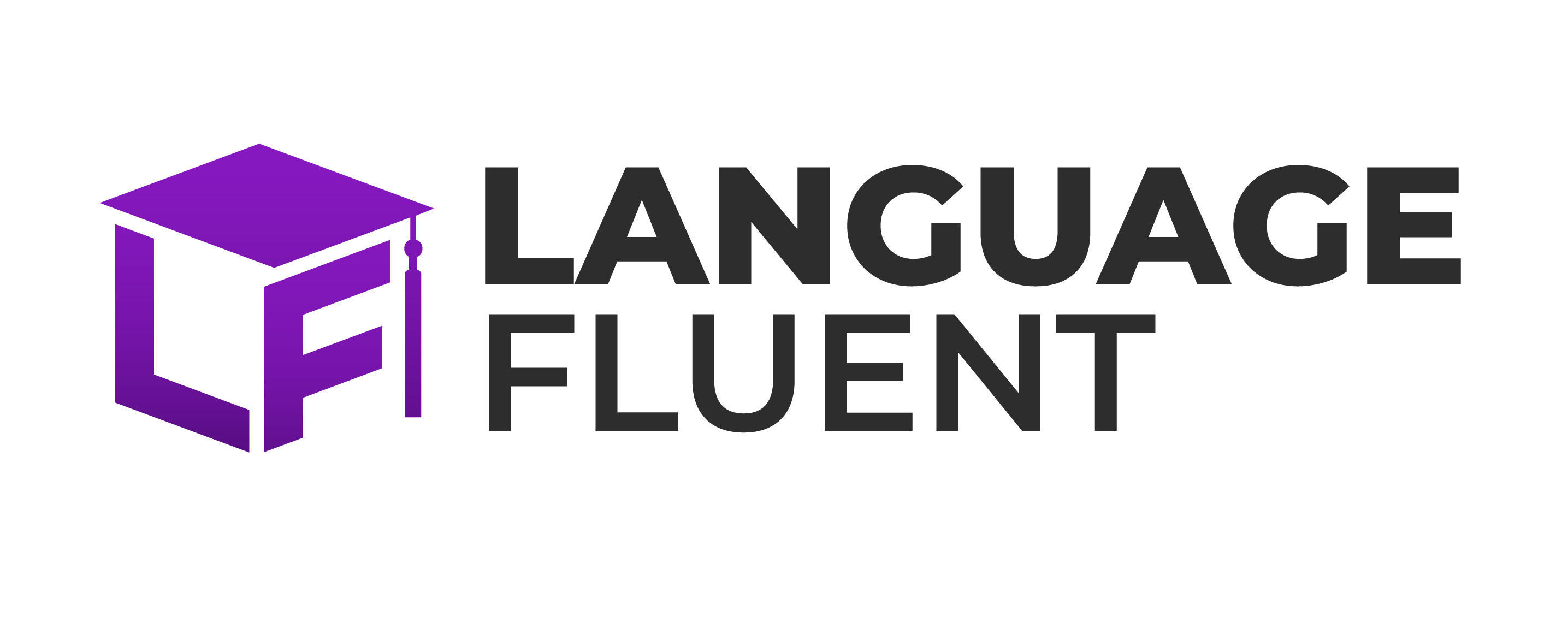Perhaps you’ve picked which language you’d want to learn and are eager to get started, but you’re unsure where to begin? You may have created a course and even established a study regimen. Still, you’re continually distracted by the thousands of other options accessible, such as podcasts or the latest language-learning applications.
It may be intimidating to begin learning a new language. There are so many things to learn and so many different methods to learn them! The worst thing you can do, on the other hand, is to go from one approach to another without completing either of them. The problem is that while you’re seeking the most significant resources to learn a language, you’re not learning anything.
Many language learning resources at your disposal may be both a trap and an opportunity to learn new languages. And, if you want to make quick progress in your language learning, you must avoid falling into this trap as much as possible.
You may wonder how.
First and foremost, by creating a straightforward language routine that incorporates all of the information you want to make progress.
Once you’ve got it in place, you’ll want to ensure that it remains that way.
If you follow this technique correctly, it will be simple for you to know precisely what you will do each day to develop your language skills.
It will help you to be more focused on your goals. It will inspire you and make development unavoidably unavoidable. Sounds terrific. Follow along as we explain how to create a simple language study regimen that works for your schedule and budget!
Let’s back to the basics of language learning
The four ‘ primary skills’ of language acquisition are speaking, listening, reading, and writing, and they are the foundation of all language learning. And that’s a fantastic place to begin. To construct an efficient language learning routine, however, there is another – and more successful – technique that you need to consider. Language learning activities are divided into two groups according to this method:
As you can see, the line between study time and exposure isn’t always as clear-cut in practice: you’ll pick up new vocabulary words, phrases, and other expressions while you’re out and about speaking the language, and your study time might also count as “exposure.” Furthermore, the rate at which you develop is dependent on a variety of variables, including how much time you have available, your previous experience with language acquisition, comparable languages you already know, and so on.
Though one thing is sure, if you want to make rapid progress in a language, you must distinguish between being exposed to it and sitting down to learn it. Without this, you run the danger of overlooking one of these two groups. And you do not want to be in that situation.
Why is it important to strike a balance between devoted study time and exposure
Most of the time, I meet individuals attempting to learn a language ‘pure immersion’: they begin speaking the language and hope to pick up on the rest as they go along. Almost as often, I encounter individuals who study word lists every day and know their whole grammar textbook by memory but who have never had a genuine conversation in the language they are learning.
Undoubtedly, both ways will provide some benefits, but by concentrating on exposure or learning, you will lose out on a great deal of progress that may be made quickly. When individuals are studying a language, and their proficiency does not develop fast, it is almost often because one of the two languages is underrepresented in the classroom. Are you spending three hours a day watching television and listening to podcasts in your target language, but you’re never devoting any time to serious study to lay the groundwork for your future career? You’ll most likely pick up a few phrases and expressions, but your progress will be painfully sluggish at first.
Are you spending several hours every day studying vocabulary and grammar? Still, you never have an actual conversation with someone, or you never listen to someone speaking your target language in real life? Even though you’ll graduate with an extensive ‘academic’ understanding of the language, you’ll be completely clueless when the time comes to put it into practice.
Make careful to strike the appropriate mix between studying and exposure, and I assure you that your growth will skyrocket. This may seem to be standard information to you at this point. But believe me when I say that an imbalance between these two groups is at the heart of many language acquisition difficulties.
Know that language learning is not an easy task, and almost everyone learning a new language does get overwhelmed at some point in time.











